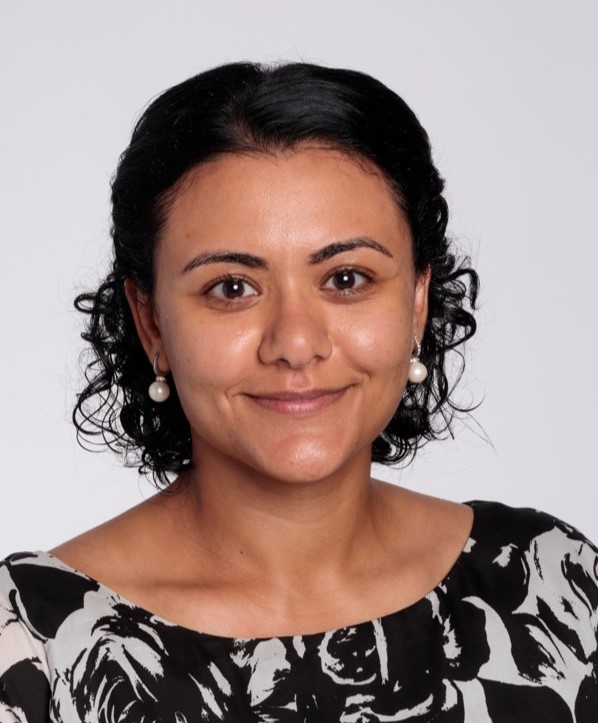Sarah Ibrahim, an assistant professor at the Lawrence Bloomberg Faculty of Nursing has won the Gail J. Donner Award for excellence in nursing education from the Sigma Theta Tau – Lambda Pi-at-large Chapter, one of the largest international nursing societies that promotes global nursing excellence.
Named after a former Dean of the faculty of nursing at the University of Toronto, the award recognizes the recipient for their innovative approach to nursing education, including their ability to foster excellence among future nursing students.
“I’ve had the privilege to be mentored by nursing scientists and educators which has really diversified my knowledge and enabled me to be able to teach a variety of courses in our nursing program, from simulation to research and program planning,” says Ibrahim. “To be able to provide that kind of mentorship and leadership to current nursing students is humbling and a rewarding experience.”
Ibrahim says she learned at an early age that education and knowledge was power. As a newcomer to Canada, the importance of education was instilled in her by both of her parents and ignited a passion for learning that has allowed her to always be in a constant state growing and learning.
“If one thinks they know everything and stops learning that’s dangerous, in my opinion. I’m always seeking that next opportunity for growth,” says Ibrahim.
In her pursuits to further enhance nursing education that benefits both students and the health care system, Ibrahim who is also an adjunct scientist at the SickKids Research Institute, is also the recipient of a research seed grant from the Sigma Theta Tau Lambda Pi-At-Large Chapter.
The grant will support Ibrahim’s latest research project exploring the experiences of front-line critical care nurses and interprofessional pediatric health care providers at Sick Kids Hospital resulting from the rapid expansion of capacity both during acute phases of the COVID-19 pandemic when adults were transferred to the children’s ICU, and more recently during the Fall 2022 increase in pediatric hospitalizations.
By understanding the experiences of health care providers during these acute situations, Ibrahim is hoping to develop transformative education initiatives that are more reflective of reality in a clinical setting.
“We have to appreciate that this kind of rapid expansion was a novel program and gather the insights from those involved, particularly nurses, to inform guidelines and best practices around the creation of rapid adaptation strategies,” says Ibrahim. “Post-pandemic, we want to ensure that we are able to quickly transform education to address urgent and rapid adaptations, which will also mean we helping to sustain a strong health learning system.”
